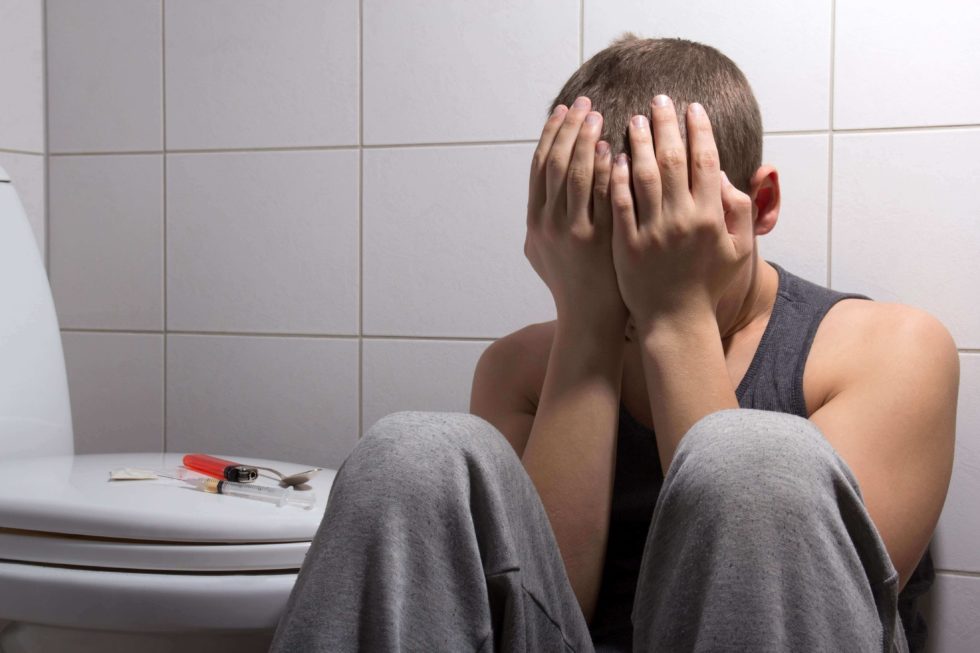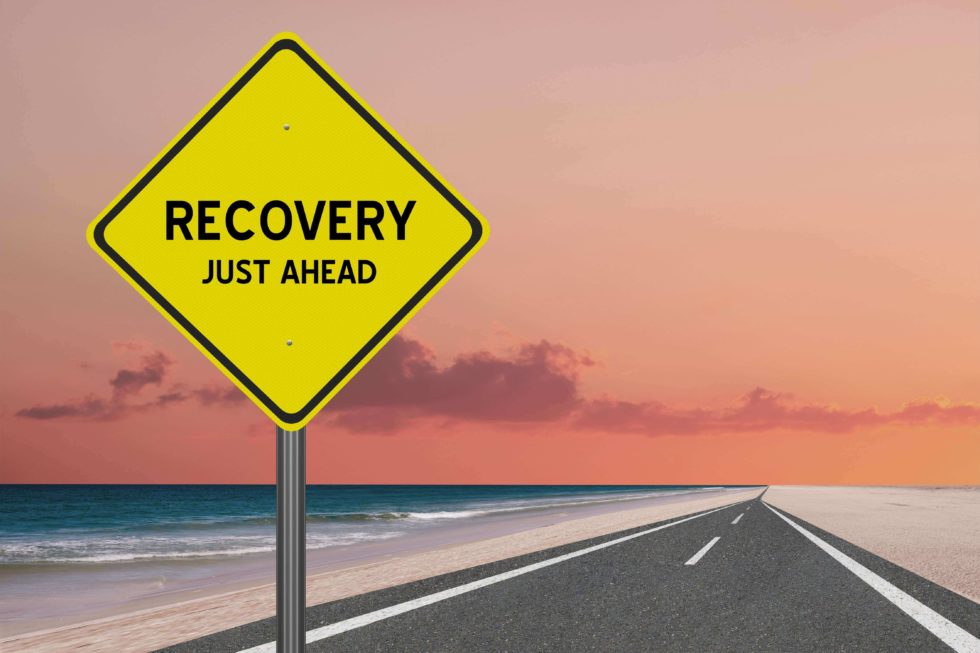Co occuring disorders
Substance use disorders and anxiety constitute the two most prevalent mental health disorders across the U.S. In the Journal Psychiatric Times mentions that almost 29% of individuals are affected by anxiety at some point in their lives, while the life-time rate of addiction disorders is 14.6 percent. The two disorders are often co-occurring and there is evidence that suggests one disorder may trigger the other. Both mental illnesses are treated by New Directions inc Treatment Center.
Co-existence is defined as having an underlying psychological condition or substance use disorder. While often referred to as the combination of substance abuse or mental problems, the term could be used to refer to other combinations of disorders, such as a mental illness or intellectual disability. In the past the terms “Dual Disorder” and ” Dual Diagnose ” were cited for similar conditions. In some cases substance abuse and psychiatric disorders can overlap in severity of both.

7 common co-occurring disorders
Many people who need treatment to deal with substance abuse are diagnosed with other commonly occurring disorders. The National Survey on Substance Abuse and Mental Health Services Administration (SAMHSA) 2019 revealed that more than half of people with severe psychological disorders reported using drugs. Living or having psychiatric problems can lead to drug abuse. On Demand Counseling aims to detect co-occurring disorders during treatment.
Often known as Co-occurring disorder, it is an illness which accompanies substance abuse. Depending upon the severity of an individual’s medical condition, it is possible that they are varied. drug or alcohol addiction is also present. The combination of addiction and mental illness can greatly affect and worsen one another in many ways.
- Attention deficit hyperactivity disorder
- Post traumatic stress disorder
- Bipolar disorder
- Schizophrenia
- Personality disorders and mood disorders
- Eating disorders
- Generalized anxiety disorder
Difference between a dual diagnosis and a co-occurring disorder
It does not differ based on diagnosis or co-occurring disorders. A dual diagnosis is a term used in medical assessment that describes symptomatic and recurrent behavioural issues and can include behavioural problems such as depression, addiction, and PTSD. However, confusion is possible as the condition may include health conditions not related to mental health. Some health issues can be referred to as co-occurring disorders. In general, it has been found that two-diagnosed disorders are used interchangeably for treatment and recovery for mental health problems and substance use disorders.
Bipolar disorder & substance abuse
Bipolar disorder or menic depression occur because the brain has chemical imbalances. When a patient suffers from BPAD, the mood changes from intense depression into euphoric ormania can occur. During a bipolar disorder episode, a person’s relapse into substance use can affect a person’s life. Despite the existing imbalances, the increase in chemicals in the brain can actually increase abnormal functions and result in dangerous levels in cognitive activity. Some dual diagnoses include bipolar disorders.
Depression & Heroin Addiction
Depression is a widespread mental disorder. Depression affects thousands of individuals and can be accompanied by mental problems. Depression is often associated with a person’s unsatisfactory life experience and inhibits personal expression and can cause physical damage, including drug use and self-harm and suicide. Because depression can cause emotional distress, many people seek relief by using heroin. In some cases, however, substances can have undesirable resulting effects such as guilt or shame.
Anxiety Disorders & Cocaine Use
Anxiety disorder is one common form of mental illness that contributes towards a cooccurring disorder as well. As anxious individuals struggle with fear, it may cause them to turn to substance addiction as a way of managing life. Cocaine abuse reduces anxiety, fear, and unease by enhancing an underlying sense of empowerment. However cocaine addiction can cause severe anxiety and depression.
Post Traumatic Stress Disorder (PTSD) & Opioid abuse
PTSD is a psychological disorder that combines stress and anxiety. PTSD occurs when a person has experienced serious traumas or life-changing events. For the relief of traumatic reliving, people may use opioid drugs for pain management. PTSD may cause PTSD to persist and worsen and affect the patient’s mental and physical health.
Assessment of co-occurring mental disorders
Assessing co-occurring psychological disorders or suppurative disorders can be challenging because there are similarities between risk factors and overlaps, which include those which can arise from withdrawal or from mental problems. Therefore, if someone seeks help from an emaciated mental health professional they will be tested to identify SUDs. An additional evaluation may follow an abstinence phase to determine if the symptoms have occurred as compared to the symptoms that occur with withdrawal or alcohol use.
Causes
Mental illness or substance use disorders can have various causes as well. Some humans may have a very good genetic risk of developing such disorders. A higher prevalence of alcohol use disorders is associated in many cases with bipolar disorder, schizophrenia, and antisocial personality disorders. Alcohol use disorders are also associated with a variety of anxiety disorders. Many drug-related disorders can coexist with different psychological disorders.
Which comes first: Mental Health Disorders or Substance Use Disorder?
How can I identify a substance addiction disorder? Some cases appear as though substance use issues preceded mental illness; others seem as though mental illness preceded drug use disorder. Often this is impossible to determine. It is believed certain drugs may cause or mimic certain mental health conditions. Chronic drug usage may also result in longer-lasting mental conditions.
Risk factors for co-occurring disorders
There are many factors which could contribute to your potential for developing an alcohol or drug addiction:
The symptoms of co-occurring disorders
In general a disorder with an association of symptoms is identified when both the symptoms are present or a co-occurrence of the disorder occurs. Several overlapping symptoms can make determining whether a particular disease came first can be tricky.
Recovering From Co-occurring Disorders at New Directions inc
New Directions inc offers medical detox and a range of drug rehab programs that can help you or a loved one safely recover from substance abuse and co-occurring anxiety disorders. Call us today at 765-358-7320 to get started with the treatment process.






